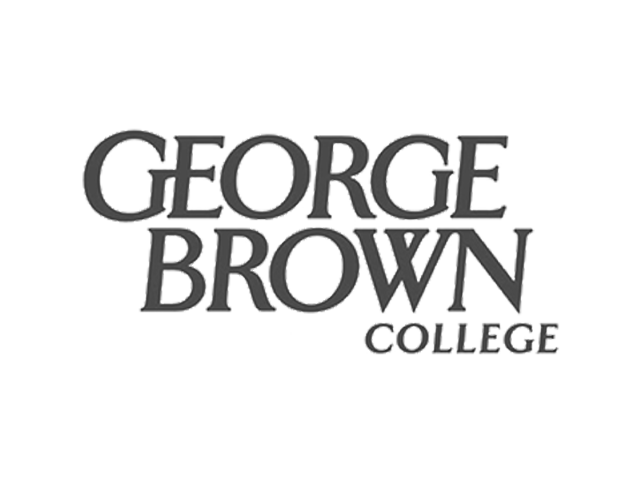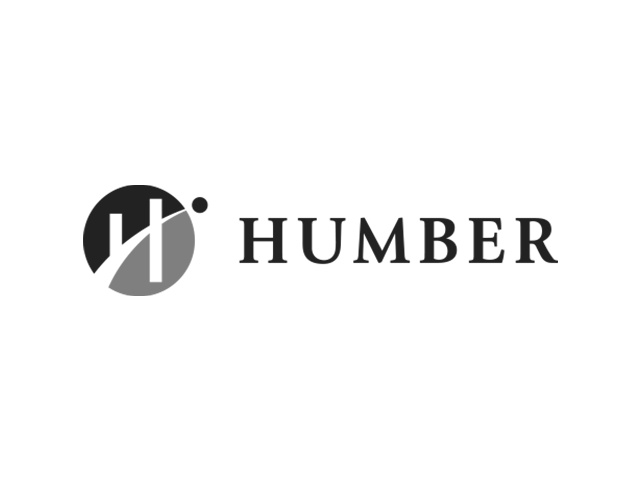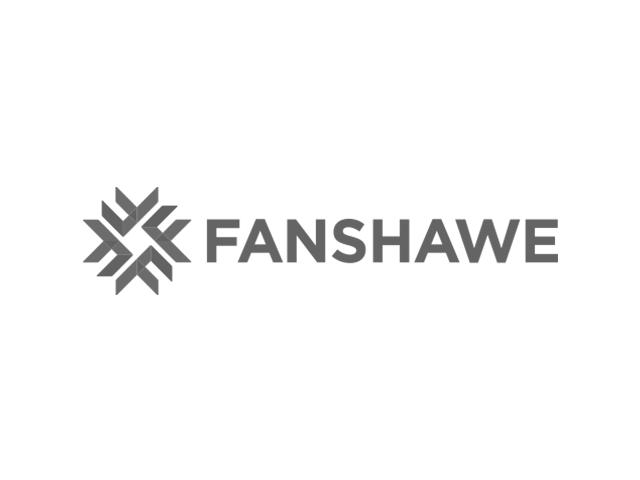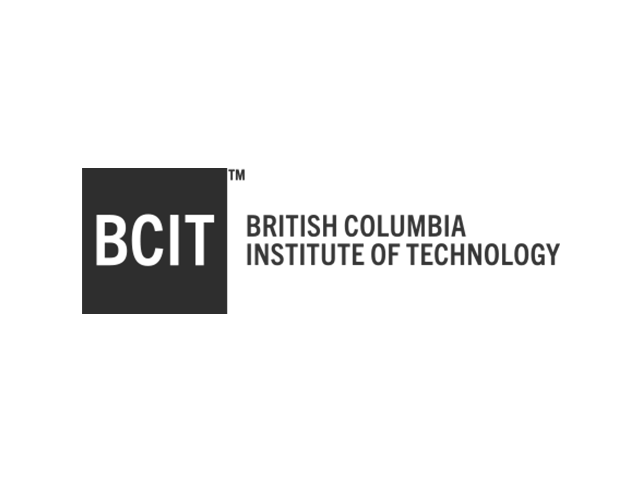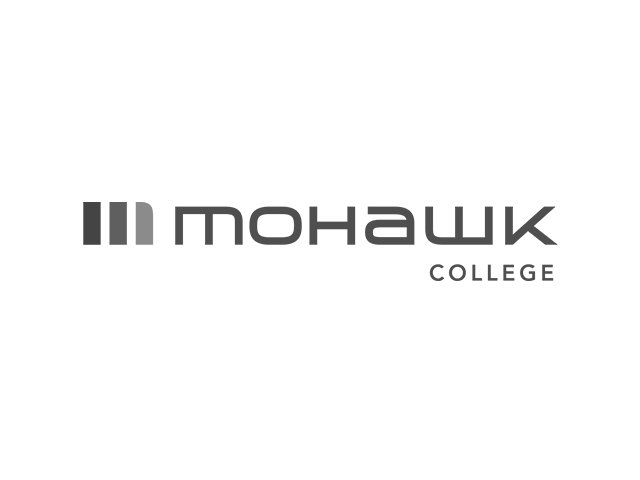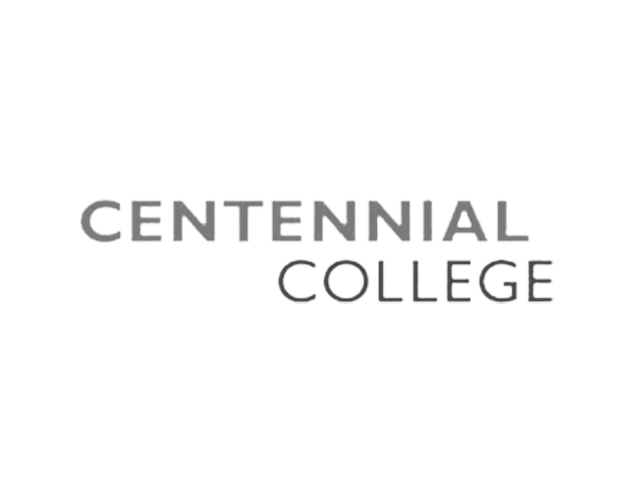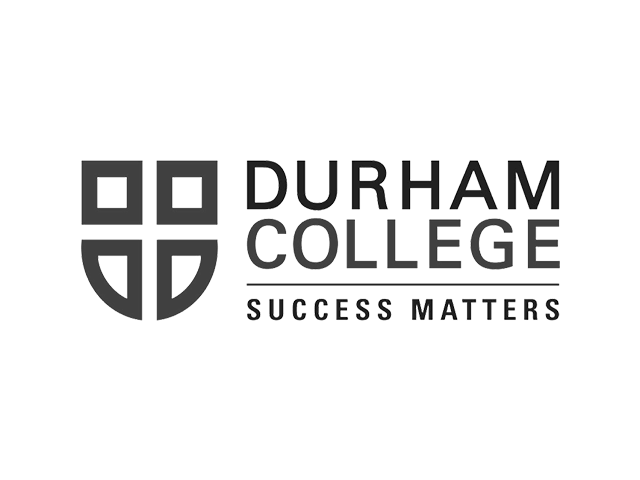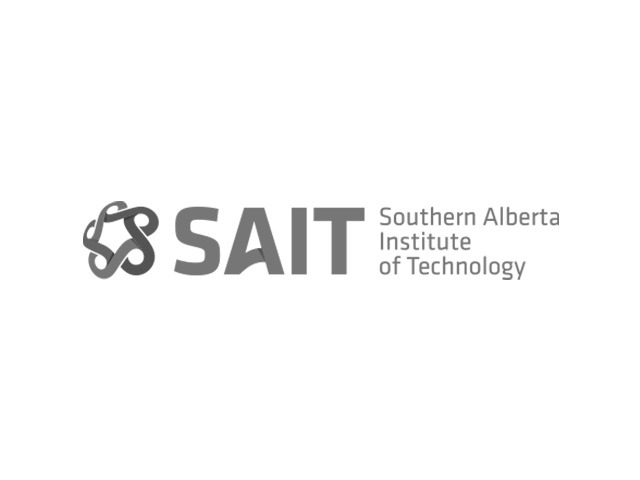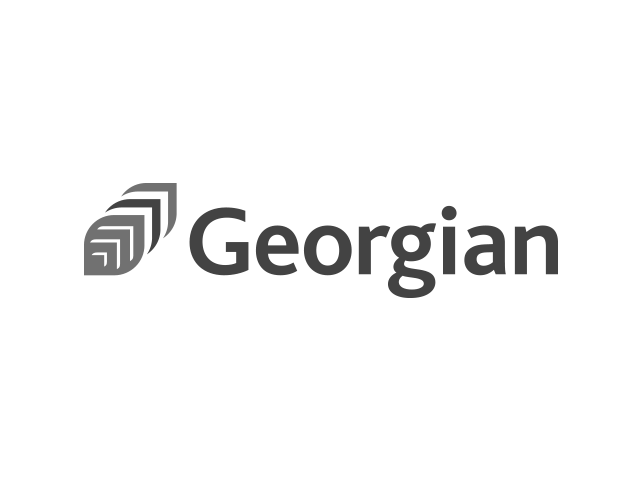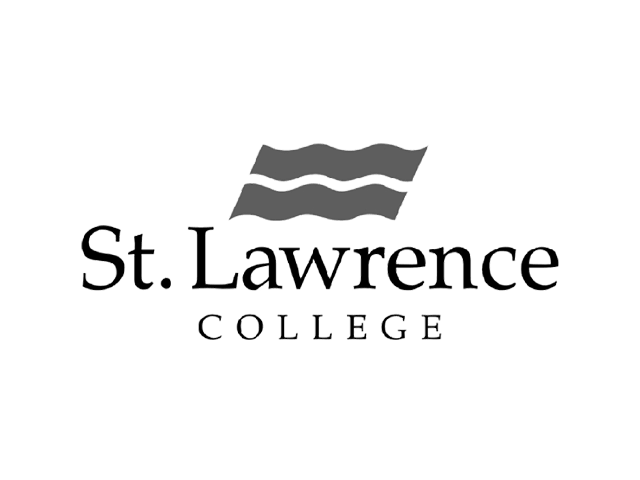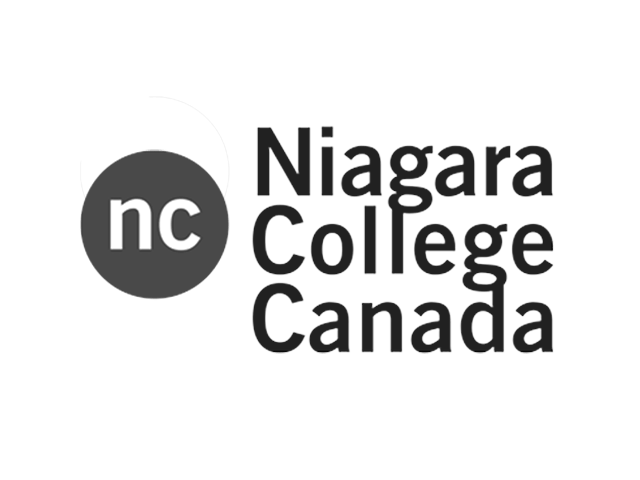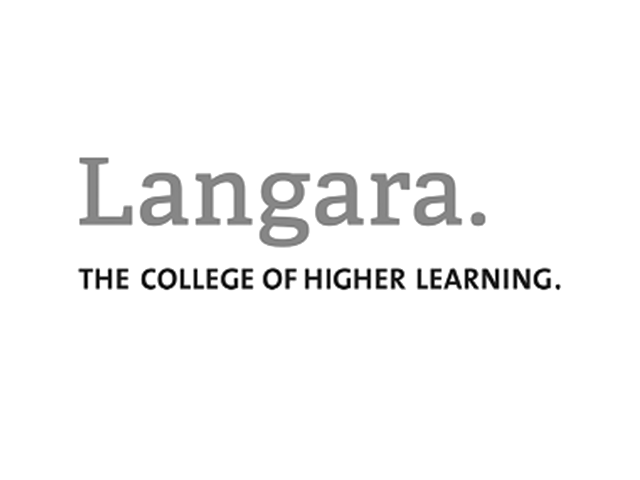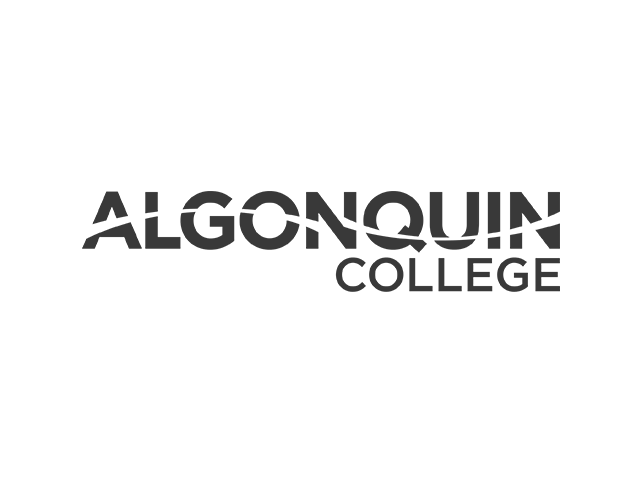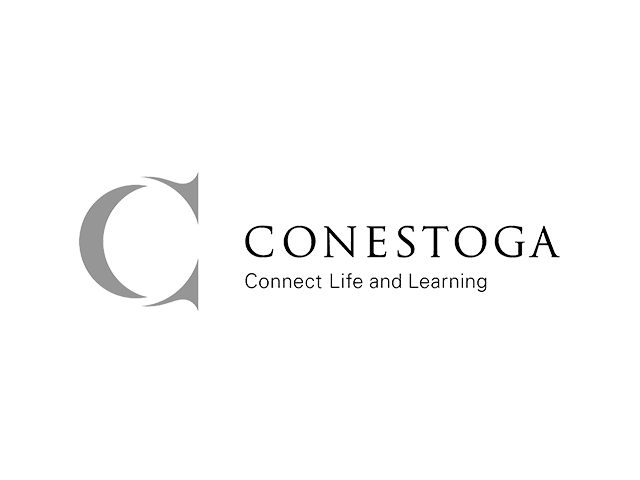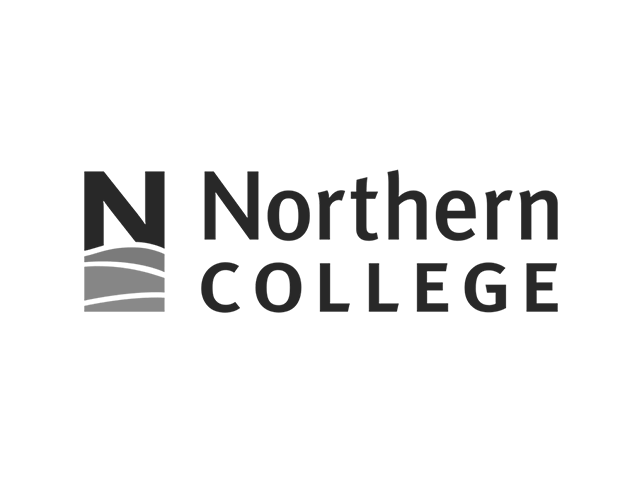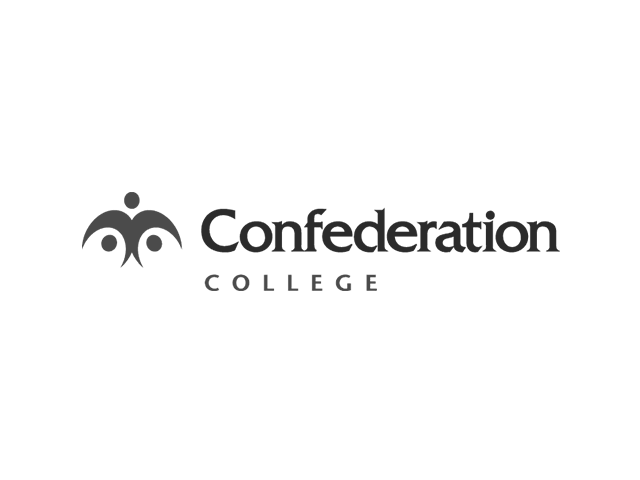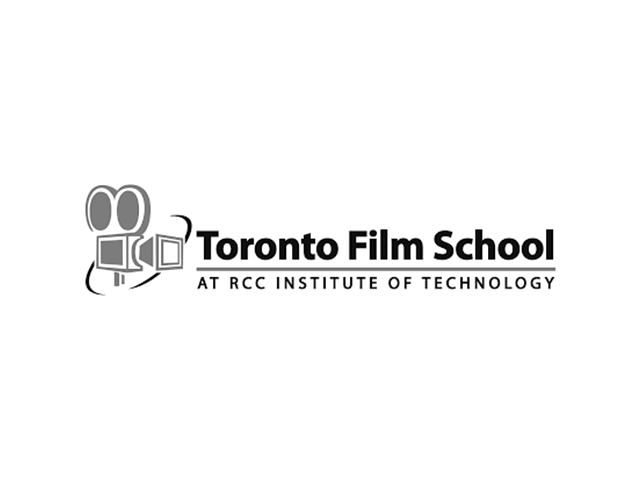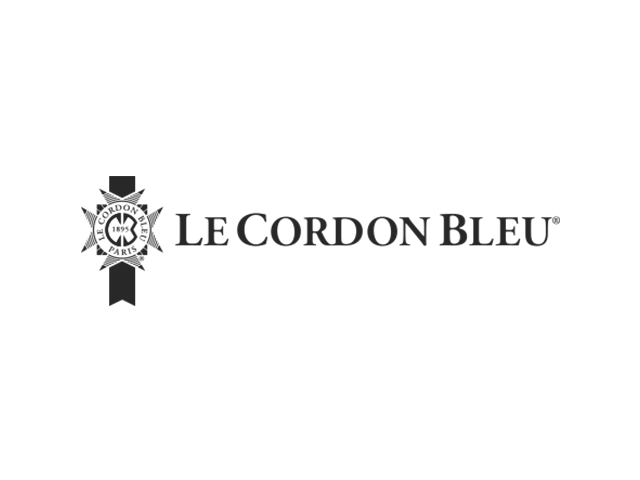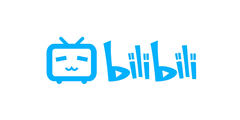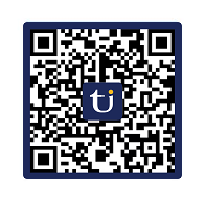加拿大学院申请及转学服务【部分免费】
Reasons for Choosing Canadian Public Colleges
Canadian public college applications have no grade cut-offs. When applying for the two-year diploma and the three-year advanced diploma, applicants are generally required to graduate from high school, with an average grade above 60% in grade 12, plus an overall IELTS score of 6.0 (minimum 5.5 in each section).
- If you have not graduated from high school: you can apply as a mature student. A mature student can apply to take the entrance examination of a public college without submitting a high school diploma and transcript;
- If the student has no IELTS score: In the case of no qualified standardized language test scores, you can enter the college'sconditional admission program;
Many Canadian public colleges offer four-year Applied Bachelor’s degrees. Generally speaking, applicants with an average grade above 65% in grade 12 and an IELTS score of 6.5 or above (no less than 6.0 in each section) are directly admitted.
- If you have not graduated from high school: you can apply as a mature student.Mature students can take the public college entrance examination without submitting a high school diploma and transcript;
- If the student has no IELTS score: In the case of no qualified standardized language test scores, you can enter the college'sconditional admission program;
In contrast to Canadian universities, whichmainly start in September (Fall) each yearThe opening time of specialized courses in public colleges is relatively flexible. Generally speaking, there are three admission times a year: Fall Intake in September, Winter Intake in January and Summer Intake in May. Even some colleges offer a Late Intake in October。
As for the starting date of conditional admission language courses, each school is slightly different as follows:
- Duration of 2 months for each level, 5 start dates per year: January (1st Intake), March (2nd Intake),May (3rd Intake), July (4th Intake), September (5th Intake) and November (Last Intake)
- Duration of 4 months for each grade, 3 start dates a year, consistent with the time of major programs: Autumn Admission (Fall Intake in September), Winter Admission (Winter Intake in January) and Summer Admission (Summer Intake in May)
As the college's courses begin three times a year, the two-year college diploma course can be completed in one and a half years. Similarly, a three-yearcollege advanced diplomacan be completed in two years. You can also apply for a three-year work visa after graduation. The flexible length of schooling avoids the long gap between semesters, and enables a seamless connection between language courses and major courses.
For international students, the tuition fee for Canadian public colleges range from $7,000~8,000 CAD per semester (CAD$15,000/ year). Compared with the universities’ annual tuition fee of $40,000 to $50,000, it can be said that colleges are a better value. The following table provides the tuition increase values of major public universities in Canada from 2016 to 2019:
|
2016 Cost of Tuition |
2017 Cost of Tuition |
2018 Cost of Tuition |
2019 Cost of Tuition |
|
|
University of Toronto |
$39,500 – $45,560 |
$40,948 – $47,790 |
$42,870 – $49,800 |
$51,700 – $53,290 |
|
University of British Columbia |
$31,910 – $42,620 |
$33,280 – $44,380 |
$35,978 – $46,588 |
$38,050 – $49,650 |
|
McGill University |
$18,976 – $43,875 |
$19,875 – $45,099 |
$20,978 – $48,335 |
$21,067 – $51,820 |
|
University of Waterloo |
$30,800 – $44,500 |
$31,700 – $47,400 |
$33,940 – $52,800 |
$35,300 – $54,500 |
|
Queens University |
$34,890 – $42,380 |
$36,800 – $45,950 |
$39,400 – $48,980 |
$40,953 – $50,884 |
|
McMaster University |
$23,576 – $38,924 |
$25,248 – $42,038 |
$27,267 – $45,401 |
$29,449 – $48.598 |
|
Simon Fraser University |
$30,679- $36,785 |
$32,980 – $38,342 |
$35,980 – $40,203 |
$37,800 – $42,224 |
|
University of Alberta |
$23,675 – $32,242 |
$24,564 – $35,979 |
$26,233 – $37,565 |
$28,413 – $39,178 |
|
University of Ottawa |
$25,870 – $43,230 |
$26,780 – $45,980 |
$28,935 – $48,980 |
$30,940 – $50,870 |
|
Western University |
$26,560 – $36,780 |
$28,900 – $38,670 |
$30,670 – $40,200 |
$31,042 – $41,312 |
Moreover, Canadian colleges and university transfer systems allow many international students to go to university after studying for two or three years at college. This not only saves a lot of tuition fees, but also can get you many bonus points when applying for immigration through the Express Entry system because you will have two educational qualifications – one undergraduate degree and one college diploma.
Unlike Canadian universities, which only allows you to choose between business schools, schools of engineering, arts, astronomy, law, computer science and other major areas of study and research, Canadian colleges, on the other hand, offer a wide variety of professional majors that will only surprise you. In addition to the common majors such as accounting, finance, business administration, marketing, human resource management, social software management and development,...
学院更提供诸如:汽车商务管理、高尔夫度假村管理、酒庄管理、啤酒及葡萄酒酿造、烹饪甜点、精机械制造、电气自动化、再生能源工程、飞机修理、飞机驾驶、汽车修理、航海技术、制冷剂空调维修、医学美容助理、配镜师、珠宝设计、化妆、时尚管理、交互设计、平面设计、摄影、产品及包装设计、园艺设计师、推拿师、营养师、健康管理…. 等愈千中课程。下面以加拿大某学院针对留学生开放的专业为例。
Unlike undergraduate students in China who look at internship as one of the requirements for graduation, in Canada, internship is only an accessory to graduation. However, for employment in Canada, companies and organizations will take the following factors into consideration: educational background, work experience, qualifications obtained and personal skills as the employment criteria. Work or internship experience is especially important.
In Canada, graduates of public colleges tend to find jobs faster than those with a bachelor's degree. Graduates with strong technical skills earn higher starting salaries. This is due to the hands-on experience they gained from practical teaching environments of public colleges, as well as the large number of providedpaid internships opportunities. More than 50% of the programs in Canadian public colleges offer paid internship opportunities and have internship agreements with a large number of employers across a wide range of industries. ›For example, programs like hotel management or culinary arts, automotive and aircraft maintenance, early childhood education, nursing and pharmacy, golf and resort management, winery management, etc., have maintained in close contact with many Canadian companies.
The college offers hands-on classes that practical to the job market. If you do an internship during your vacation, you will not only be able to use what you've learned in class at work, but also help you connect with professionals in the industry This helps students build a solid foundation for personal development after graduation.
Students have the opportunity to transfer some or all of their credits to a university for further undergraduate study upon completion of two or three years of professional studies at a public college in Canada. This is actually not difficult at all. The minimum requirement is 75% CGPA. Almost all public colleges have transfer agreements with different universities for different majors. For example:
- Transferring between George Brown College and the University of Toronto in majors such as business, engineering and other fields can be (GBC+UofT) 2+2 or 2+3 years of study.
- Transferring between Seneca College and York University in majors such as business, arts and social sciences can be (Seneca+YorkU) 2+2 or 2+3 years of study.
- Transferring between Fanshawe College and IVEY School of Business at Western University in majors such as accounting and other business majors can be (Fanshawe + Western) 2+2 or 2+3 years of study.
- 莫哈克学院与麦克马斯特大学在商科、工程与医护专业方向的合作;Mohawk+McMaster 2+2/2+3 项目
These are just a few of the many agreements between Canadian colleges and universities. Almost every public college has signed dozens or even hundreds of transfer agreements with various universities. Specific inquiries can be made through relevant websites agreements with various universities. Specific inquiries can be made through relevant websites. In the case of signing the transfer agreement,you will not be required to resubmit English proficiency test scores. Also, all the credits obtained in the college can be transferred to the university.
On the premise oftransferring to university reduces the time of repeated study,so as to cutting out two years of study.. This also helps to save on tuition feesto obtain both a college diploma and an undergraduate degree after graduation. In addition to that, you earn around 40 additional points for the Express Entry immigration program. According to the current immigration policy and your plans for the future, you can decide whether you would like to enter the workplace and immigrate or return to China for further study. If you graduate from college with an Applied Bachelor Degree, you can also apply for a master's program at a graduate school in Canada to continue your studies.
Since the introduction of the Express Entry (EE) rogram in 2016, many students have packed their bags and returned home. These students regretfully stated that they would have been able to stay if they had graduated earlier and had met the CEC’s requirements. It is true that Canada's immigration policy changes every five years. For international students who wish to live here permanently, the "going of the old" stage of Canada’s immigration policy is the most painful and the most difficult for them. Therefore, graduating as soon as possible is your best bet.
All graduates who have completed 12 months or more of a diploma or an advanced diploma program can obtain a three-year Post-Graduation Work Permit (PGWP)Students who graduate from Advanced Diploma programs receive the same EE scores as four-year undergraduates. The advantage of "employment upon graduation" is that it enables college graduates to meet the requirement of "at least one year's working experience" in the category of experienced immigrants to gain more time for immigration preparation.
In addition, many programs offered at public colleges are linked to occupations that are in short supply in Canada (for example: auto repair, aircraft repair, landscaping, carpentry and furniture design, etc.) Graduates can apply for immigration directly through theProvincial Nominee Program,or get bonus points for Express Entry
General College Application Materials
There are many documents that prove who you are; for example: a Canadian driver's license, Chinese ID card, permanent resident card, Hong Kong/Macao permit, etc. When applying for Canadian colleges, the supporting documents must be internationally recognized – so for Chinese students, it is your passport!
The most objective way to determine a student’s academic level is with a report card/transcript and a graduation certificate! When applying for the college diploma, advanced diploma or applied bachelor’s degree, you need to submit a high school/secondary school/vocational high school 3-year report card and a high school diploma. If you are in high school, you can submit a proof of enrollment.
It does not matter if you have been out of high school for a long time. All public colleges grant the Mature Student status, which allows applicants19 years oldand over who have left high school for more than two years and cannot provide a high school diploma/transcript to be considered for admission. If you wish to apply to the post-graduate certificate program you need to provide a complete transcript and a college/university diploma. If you are a student, you must submit a proof of enrollment. Remember, all application materials must bein English!
The criterion for determining a student's level of English is his/her internationally recognized standardized language test score, not the high school score (for example: IELTS, TOEFL or the score of the English entrance exam from your target university). IELTS is the most common test recognized by Canadian higher education institutions. Although TOEFL is also recognized in Canada, different schools have different standards.
The college's independent entrance examination, if passed, is only recognized by the school. Students who attend high school in Canada do not have to submit English test scores based on the length of time they have been in school. The short and concise summary is as follows: if the applicant is in a country where English is the native language or the main language of instruction, he/she does not need to submit a language score if he/she has been studying for two consecutive years.
Don't be discouraged if you do not meet any of these four conditions, as almost every college in Canada offers Conditional Admission. Language centres set up by public colleges provides opportunities for students with low or no language scores to study language, so applicants can improve their English in all aspects of reading, writing, listening and speaking.

If you are not satisfied with the language centre in your college, you can enter Pathway/EAP, a bridging course offered by an external language school that works with the college. These language centers are accredited by the Canadian Education System, qualified with Language Canada. Students are able to improve their English skills faster in a better environment, with a smaller class size.. At the same time, it saves a lot of time and economic burden. For details, please consult our education consultants.
If none of the above options appeal to you, do not worry! In Ontario, for example, 14 public college language centres have signed transfer agreements with each other so if you graduate from any of the 14 language centres, you can use the transcript and diploma of your language centre to apply for a program any of the other 13 colleges.
List of Canadian Colleges
About Education System of Colleges
Higher education in Canada is divided into university education and college education. Unlike China's higher education, the two are viewed equally. The curriculum in universities focuses on theory, which focuses on complicated and profound principles from a macro perspective, and is used to develop the students’ mindset in the direction of a professional field. Most students who choose universities are basically preparing for post-university science research or further study. In simpler terms, it can be understood that college students aspire to be scientists.
The main purpose of college education is to develop students' vocational skills in a certain field. In other words, students can work directly after graduation without spending time on pre-job training; thus, providing special talents to the market economy. That is why college departments are relatively more detailed. For example, computer science majors in universities are subdivided into computer engineering, computer networking and technical support, computer programming and analysis, network security management, database application development, and so on. From the time of admission, the student is clearly informed of his/her direction of development. Students do not go to college because they cannot get into university, they choose their paths based on their career plans after graduation.
Therefore, Canadian colleges are NOT equivalent to Chinese junior colleges or technical schools! It is not that students who cannot get into university go to college, it is a choice based on their future plans after graduation. In Canada, college graduates tend to find jobs faster than university graduates, with good starting salaries, especially those with technical degrees.
After graduating from two or three years at a Canadian college, you can transfer to a four-year university with some or all credits to earn a bachelor's degree. Transfers are not difficult and can be done with CGPA above 75%. Almost all public colleges have transfer agreements with other universities (for example, transferring between George Brown College and the University of Toronto in majors such as business, engineering and other fields (GBC+UofT) can be 2+2 or 2+3 years of study; transferring between Seneca College and York University in majors such as business, arts and social sciences can be (Seneca+YorkU) 2+2 or 2+3 years of study; Transferring between Fanshawe College and IVEY School of Business at Western University in majors such as accounting and other business majors can be (Fanshawe + Western) 2+2 or 2+3 years of study; and transferring between Mohawk University and McMaster University in majors such as business, engineering and healthcare can be (Mohawk+McMaster) 2+2 or 2+3 years of study.
These are just a few of the many agreements between Canadian colleges and universities. Almost every public college has signed dozens or even hundreds of transfer agreements with various universities. Specific inquiries can be made through relevant websites agreements with various universities. Specific inquiries can be made through relevant websites. In the case of signing the transfer agreement,you will not be required to resubmit English proficiency test scores. Also, all the credits obtained in the college can be transferred to the university.
On the premise oftransferring to university reduces the time of repeated study,so as to cutting out two years of study.. This also helps to save on tuition feesto obtain both a college diploma and an undergraduate degree after graduation. In addition to that, you earn around 40 additional points for the Express Entry immigration program. According to the current immigration policy and your plans for the future, you can decide whether you would like to enter the workplace and immigrate or return to China for further study. If you graduate from college with an Applied Bachelor Degree, you can also apply for a master's program at a graduate school in Canada to continue your studies.
If you want to fulfill your dreams of going to a prestigious university by transferring from a college, or if you want to graduate from college and continue further studies in university. Our overseas education consultants will provide the most professional and reliable application or transfer service according to your actual situation, considering your future immigration or career development.
Cost of Studying in Canadian Colleges
Because Canadian public colleges and universities differ in terms of academic structure, tuition fees at colleges differ greatly from universities. College tuition generally includes the basic tuition, materials, administrative fees and student insurance. The basic tuition fee varies slightly depending on the type of courses and the major. It ranges from $7,500 to $11,000 per semester. Generally, tuition fees for art and design related majors are relatively high. It is worth noting that the basic tuition fee does not include the cost of textbooks. Therefore, at the beginning of each semester, students will need to spend $300-800。
Some new students may also need to attend the school’s language program. Language programs typically costs around$3,500 to $4,000 CAD for one level that lasts two months4-month programs cost$5,000 to $6,000 CAD per level加币左右。
Finding good housing can be beneficial to students to help them adapt to the new life and concentrate in school. In terms of housing, there are actually many choices. Students can consider choosingschool accommodations: the residence provided by the school because going to school will be more convenient. That way, the student can save on transportation fees and they will not have to buy a car. There are many other types of school residences with varying living arrangements ranging from $850-$1500 per month. On the other hand, some students may choose to rent apartments or houses near the school. Depending on the type of house they rent, the cost will naturally vary.
Houses with a master bedroom with a separate bathroom will be around $800-1200 CAD per month, and a second bedroom will be around $450-800 CAD per month. Some students may be more inclined to live in a privatecondominiumbut compared to houses, the rental costs of condos are higher. For example, in Toronto, renting a one-bedroom condo will generally cost around $1700-2000 CAD per month. In busier areas such as downtown and North York, the rent will be around $1900-2300 CAD per month. If sharing the condo with several other people, it costs around $800-1000 CAD per person per month.
In terms of food and groceries, it is difficult to use objectively standardized costs. Students pay around $10 to $15 for a quick meal at or near the school. It may often come up to about $1,000 a month to feed a single person. Occasionally, when going out with three to five friends, the average per person comes out to be around $30-80 CAD. If you buy groceries and cook by yourself, the costs will be relatively low. Visiting the supermarket once a week for fresh fruits and vegetables, meats, and snacks basically costs $100-200 Canadian dollars for a week’s worth of food. Below are some of the largest Canadian supermarkets:
- T&T: It sells Asian food and is easily found at different locations in Toronto. You will be able to find a lot of different snacks and ingredients different Asian countries. The price is also not expensive. When spending a bit over $100 a week, you will be able to leave with meat, vegetables, fruits and snacks for the week. During special Chinese festival, they also sell special foods such as moon cakes and rice dumplings.
- Shoppers Drug Mart: Those who have lived in Canada for some time will be no stranger to Shoppers Drug Mart. The conspicuous red signboard with white bold characters stands out from a far distance. Although many over-the-counter medicines can be found there, you will find that there are also beverages, snacks, cosmetics and electronic. Also, they have post offices that are available at all Shoppers locations. In addition, some locations are open 24 hours, so, in the middle of the night, you can go to get batteries, chargers, rubbing alcohol and so on. In addition, feminine products, birth control pills, pregnancy tests, and other essentials be found here. Shoppers is not the cheapest place to shop, but they offer Optimum Card memberships for earning points in which you can redeem for savings and prizes.
- No-Frills: Some might be curious about the meaning of "No-Frills." Originally, it meant "without unnecessary extras." No-Frills can be found almost everywhere in Canada. It is an affordable supermarket specializing in food, even cheaper than Walmart, another big supermarket. They offer low prices on their line of generic products branded as “No Name,” which sells much cheaper than the comparable national brands.
- Sobeys: commonly known for their "organic" products, the prices are higher. However, the interior decoration is a warm and welcoming atmosphere that a lot of well-off international students love. The freshly squeezed orange juice sold at Toronto's Spadina location near the Don Valley Parkway is well-known as people say it is the "freshest high-end fruit juice!"
- WholeFood:  As the world’s leader in organic foods, Wholefoods is committed to food coming from sustainable agriculture. For this, the company's CEO is called “Bill Gates of the organic food industry”. People who like to shop there seem to be deeply devoted in their concept. $10 for a bottle of freshly squeezed juice sounds outrageous but it has gained popularity in middle-class consumers pursuing a high-quality life. You can find WholeFoods’ big sign at the intersection of Yonge and Sheppard in North York, a busy area in the city.
- Loblaw: With more than 1,400 stores across the country, they carry everything from food to daily necessities. These supermarkets are easily found in areas where many international students live, and they are conveniently located near the exit of some major highways. You can also find rice, dumplings, buns, soy sauce, seasonings and more with Chinese products on the shelves on Loblaws. In some of the larger stores, there are chefs who specialize in the preparation of sashimi trays, freshly made sandwiches, baked cakes and desserts. Prices are reasonable and not too high.
- Metro: Their cooked food is a popular choice. This large Canadian supermarket is based in Quebec and is known to be a place that “satisfies the stomachs of hungry carnivores." Steaks, sausages, pork chops, etc. are always sold at affordable prices. Young meat-lovers may frequently shop there. They also have fresh fruits, and many types fruit platters.
- H Mart: Many young people studying abroad tend to prefer the variety of delicious desserts, pies, teas and assorted snacks from this Korean supermarket. Of course, the ramen noodles are also a staple choice for students and bookworms. The cheese spicy ramen from H Mart is definitely an all-time favourite. The supermarket can be found on Yonge Street, North York and Toronto.
- Costco: Great for large, bulk purchases, this large-scale retailer carries fresh unprocessed meats, vegetables and fruits, and excellent-quality preprocess foods! Both Westerners and Chinese people love Costco because things are cheaper as they carry family-sized products that are more cost-effective. It is especially suitable for international students who shop for food once a week and are split the costs with roommates. Costco's health products and packaged foods have also been popular for Canadian buyers who sell these products to people overseas. They are reasonably priced and the quality is guaranteed. I personally enjoy eating at Costco. The hot dogs and poutine in the fast food area are also very popular. I often pick up a roast chicken on my way out. You can buy electronics, housewares, clothes, and other necessities, all at a reasonable price. You must have a membership card to shop, and you must show it every time you enter the store. There are 2 types of memberships available, for businesses and individuals. If you have a big family, Costco is a cost-effective option. If you have a car, fueling it at Costco’s gas station can be cheaper than at other gas stations.
In fact, there are many other supermarkets in Canada, especially in Toronto. For example, Fengtai, Dingtai, and Walmart, which are well-known to Chinese people. Less common ones include IGA, Safeway, Fortinos, Valu-mart, Super C, and Foodland.
Students generally use the public transportation system. Toronto's public transport system is called TTC; with single-ride tickets that cost $3.1 CAD per bus or subway ride, with free transfers. You only need to swipe the card once when entering the subway or the bus. You can also obtain a paper-transfer from the bus driver or at the subway station entrance for a free transfer. In addition, TTC offers a discount to students. The monthly transportation card for students is currently $117 for unlimited bus and subway rides.
Some people may want to buy a car earlier on so they would not have to take the bus in the freezing winter weather. At present, international students tend to spend around $30,000-80,000 purchasing a car. If you buy a car, you will also incur vehicle-related charges, which cost between $300-400 per month and fuel costs between $50-60 per week. Leasing a car will cost $400-500 per month.
Each student’s cost of living varies. From the experience of the individuals in our office, we can roughly draw the following conclusions: For young-adult males, the average cost of buying clothes every year is about $500-1,000 CAD, while occasionally there are those who spend more than $800-1,500 on formal wear, winter gear or luxury goods. As for the girls here, they spend about $500-600 monthly with an additional $3,000-4,000 per year on skincare and cosmetics.
Aside from food, clothing and accommodation, the cost of phone bills is about $50-60 per month; parties and social events may cost $50-100 each time; other miscellaneous expenses total to about $100-300.
Canadian College Application Process
Canada attaches great importance to practical higher education, and the educational resources is mainly public. Public colleges exist to better serve the community. There are more than 100 public colleges in Canada, large and small, and each public college offers more than 120 majors so it may be difficult for students to make a choice. Our education consultants will follow the applicant'sfuture development plan personal interests, and their current qualifications, and so on to select suitable schools and determine the desired major. Below are some other things to consider:
- Why study at a public college? Do you want to get a double degree for bonus immigration points? To lay a good foundation for future university transfers? Or to be employed as soon as possibleand get a high-paying position?
- What high-paying jobs are available after graduating from a public college? Which majors are easy to find a job with? Is the program beneficial for development and promotion?
- Accounting, marketing, industry chain management, human resource management and other majors all belong to the category of "business majors". What are their differences?
- Which public college are the least expensive? Which college offers more paid internships?
- You are interested in art majors but do not have a solid art foundation? Which majors are available?
- Not good at mathematics and physics? What majors do not require mathematical knowledge at all?
Due to many conditions, including geographic locations and government support, each public college in Canada is unique and has its unique, specialized academic departments. As qualified education planners, we can help you find the best-fitted course and program based on our long-term experience and regular visits to different school. Therefore, it is necessary to communicate your needs and concerns directly with education consultant in order to ensure that you can apply to the public college of your choice.
After selecting your target schools and majors, your education consultantswill once again confirm whether the programs are open for application. Our copywriting team will provide a list of materials according to the admission requirements. Applicants must try their best to prepare the materials within the prescribed time and send them to the education consultant together with the "Personal Information Collection Form." Our writing teamwill organize and polish the students’ materials and submit them as soon as possible once the necessary documents are received. If there are any problems during the application, we will coordinate with the institution to follow up on the OFFER In-land applicants will receive our information package about“What to do after receiving an offer” within one week.。
After obtaining an OFFER .After we collect the materials of the applicant, our dedicated team of the   education consultants will guide and assist the applicant to pay the tuition deposit or the full amount before the deadline. Within one month before the start of school, the applicant will be provided with necessary information on how to register and take the entrance exam. If students apply outside Canada, follow-up services such as airport pick-up and homestay placements are available. This can be requested from your education consultant in advance to ensure full preparation before enrolling
UTOpedia of Studying in Canada
优途学生感言
Sophia

Emily’s Student
Emily’s Student

Ye,Teng

Amber‘s Student
Amber‘s Student

CICI

Yvonne’s Student
Yvonne’s Student

Terry Hou

Emily’s Student
Emily’s Student

Liuqi,Wang

Amber‘s Student
Amber‘s Student

Yingyi,Huang

Amber‘s Student
Amber‘s Student

YuChen,Wang

Amber‘s Student
Amber‘s Student

Katy

Amber‘s Student
Amber‘s Student

Sherry

Yuki’s Student
Yuki’s Student

Lai,Zheng

Yuki’s Student
Yuki’s Student

Candy

Yuki’s Student
Yuki’s Student

Henry

Roy’s Student
Roy’s Student

Angel Wang

Roy’s Student
Roy’s Student

Wang,Chengru

Amber‘s Student
Amber‘s Student

Yun,Le

Yvonne’s Student
Yvonne’s Student

Frank

Yuki’s Student
Yuki’s Student

Zhang,Haoran

Nicky’s Student
Nicky’s Student

John

Yvonne’s Student
Yvonne’s Student

Frank
Yuki’s Student
Yuki’s Student
Zhang,Yi

Amber‘s Student
Amber‘s Student

Ruixin,Ma

Yvonne’s Student
Yvonne’s Student

Frank

Yuki’s Student
Yuki’s Student

Wang,Haoming

Amber‘s Student
Amber‘s Student

Ruoxi,Zhang

Yvonne’s Student
Yvonne’s Student

Joe

Nicky’s Student
Nicky’s Student

Bonnie

Nicky’s Student
Nicky’s Student





